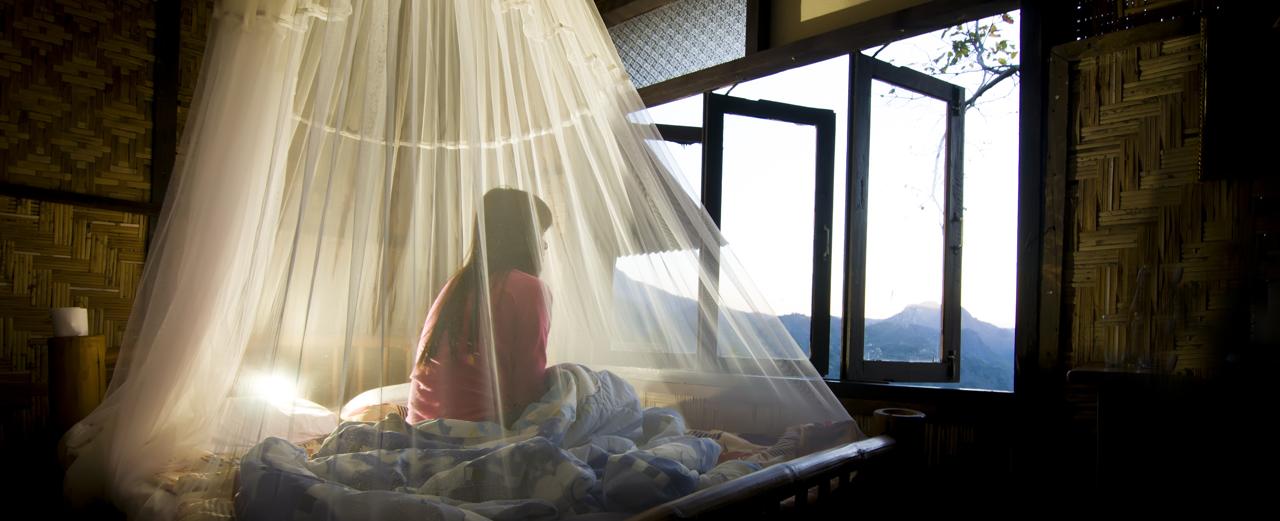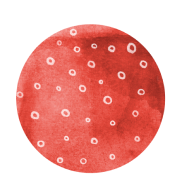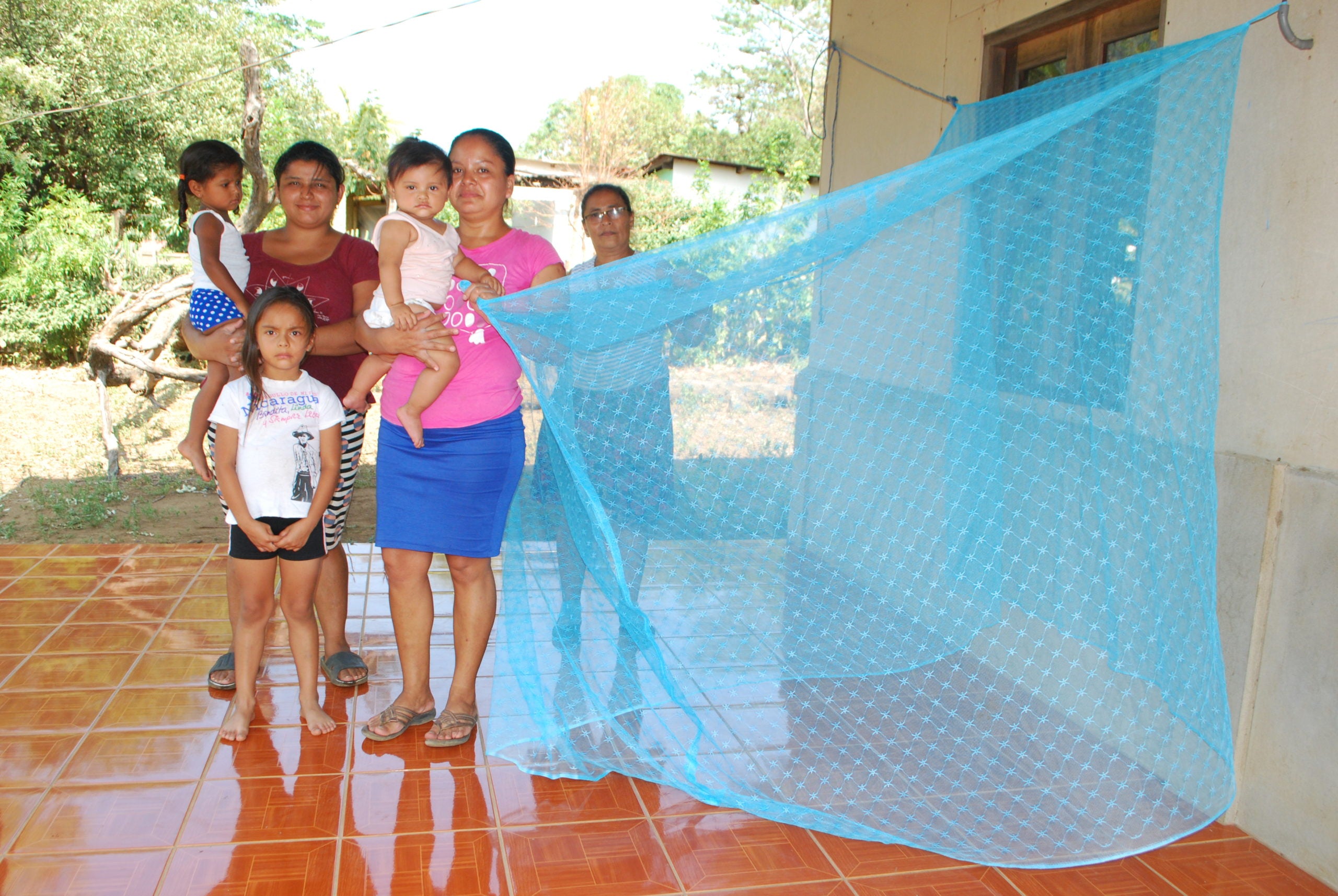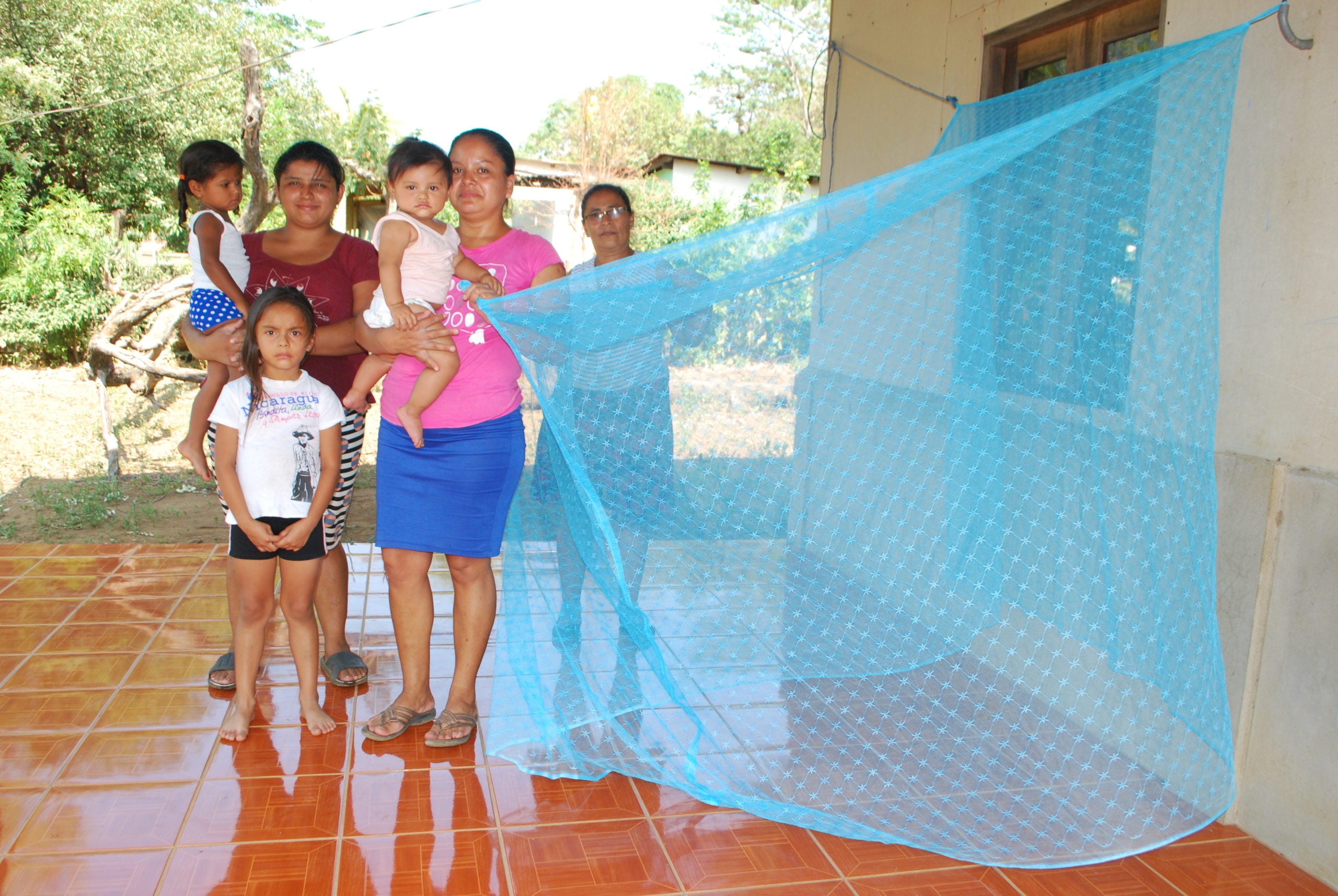Day 19
1 m² mosquito net for a family in Nicaragua
 A net for people – a barrier for mosquitoes
A net for people – a barrier for mosquitoes


Prevention of infectious diseases

need
Mosquito nets and medical supplies for the rural population in Nicaragua.
activity
The local NGO CEDRU buys mosquito nets for the population and medical materials for the health centers.
Measurable performance
Number of mosquito nets distributed and families benefiting from the measure.
Result
The number of infections transmitted by mosquitoes is declining significantly. Medical care is improving.
Systemically relevant impact
The health and living conditions of the rural population are improving sustainably. Deaths from malaria and dengue are decreasing.
background


The good deed
AboutNicaragua
Managua
Capital city
6,545,500
Population
$4,790
Gross domestic product
per capita per year
Rank 126 of 189
Human Development Index
(Human Development Index)




